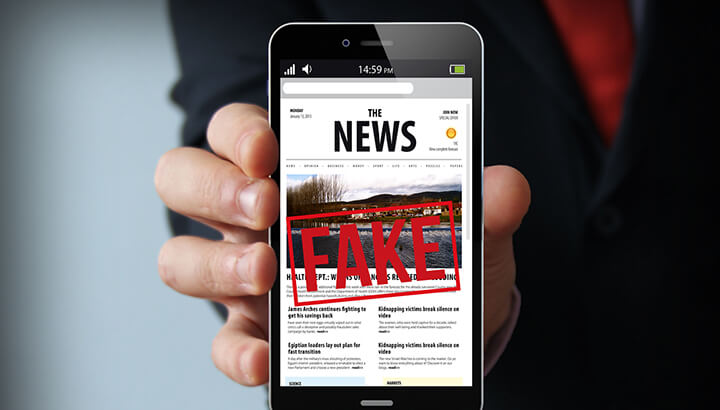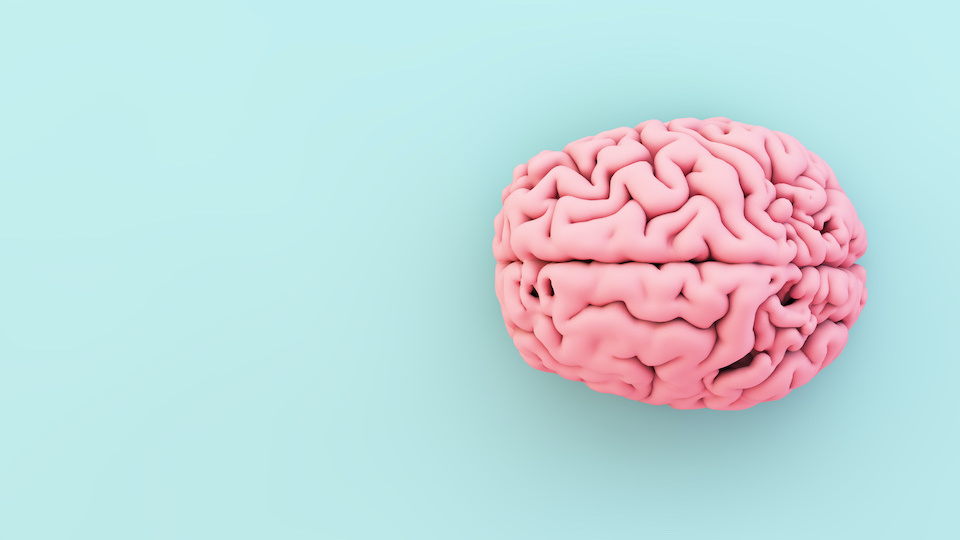Whether you are consuming food or information….you really are what you eat. Sadly, there is are entire industries that have a vested interest in feeding people junk food and even junkier ideas.
Most people recognize the link between healthy food and a healthy body. The famous saying “garbage in, garbage out” is pretty much common sense, right? Unfortunately, in terms of both diet and information…the average American is consuming a whole lot of garbage. When the information we are getting is dubious, then the decisions we make with that information aren’t likely to work out very well.
Discriminating Palates — Distinguishing Facts From Falsehoods
This piece is about the phenomenon of “fake nutrition news” and how it obscures legitimate scientific and medical knowledge pertaining to health and nutrition. Put simply, with the rise of the blogosphere there’s a lot of questionable information and “wishful thinking” out there masquerading as real knowledge. I hope this post will help people distinguish well-grounded facts from harmful fictions.
In this regard, the ancient Greek philosophers drew a very valuable distinction, which I believe applies to our times. In particular, they talked about doxa, which refers to refers to “mass opinion” and episteme, a term that refers to “well-justified knowledge.” If people were more cognizant of the difference, then I believe we’d all make wiser decisions.
Bashing Ancel Keys Online
The contrast between legitimate knowledge and fake news is brought into sharp relief in the case of Ancel Keys, the pioneering physiologist who first raised awareness about the link between saturated fat and cardiovascular disease in his landmark Seven Countries Study.
As my good friend and mentor David Katz so aptly put it, Keys “was among the first, if not the first, to hypothesize that heart disease was not an inevitable consequence of aging, but likely related to diet and lifestyle.”
Keys made other notable contributions to medicine. For instance, he invented K rations, the portable meals that provide troops in combat zones with complete and balanced nutrition. He also contributed important research into the physiology of starvation, which proved immensely helpful to famine relief agencies. In recognition of his exceptional contributions to science and medicine, Keys was featured on the cover of Time Magazine in 1961.
Keys was someone who put scientific wisdom to practical use. He adopted the diet and lifestyle choices that the fruits of his research efforts told him were true. In other words, he practiced what he preached. Not surprisingly, Keys lived to the ripe old age of 100.
In today’s era, of course, pseudo-experts have digital megaphones that can spread self-serving lies to millions. One victim of their smear campaigns, ironically, is Ancel Keys. In fact, a little background on how Key’s reputation came to sullied can help illustrate how some masters of misinformation operate.
To begin with, let’s look at some facts. Keys was a highly credentialed individual. He earned not one, but two Ph.Ds. He studied at Cambridge and he taught at Harvard. He also held advanced degrees in diverse fields such as zoology, oceanography, and physiology. By any measure, he was recognized by his peers as an expert in his chosen fields.
In contrast, the blogosphere has ushered in an age where credentials no longer equally credibility. Academic wannabees, cranks, marketers, and conspiracy theorists have the same platforms that respectable physicians and scientists have. As the democratization of information via the Internet has exploded the amount of dubious material out there has increased too. Naturally, cutting through the clutter and finding reliable sources is harder (but more important) than ever.
Keys’ work was attacked by bloggers, and pseudo-experts for several reasons. First, big food companies responded to the Seven Countries Study by coming out with products that removed saturated fat artificially. Many of these, like skim milk and low-fat snacks, are of dubious value. Some self-proclaimed nutrition experts unfairly blamed Keys for this development.
Keys was also accused by others of “cherry picking” data by deliberately excluding certain countries from his study. He was also condemned for supposedly ignoring sugar as a possible culprit when it comes to cardiovascular disease.
In Defense of Ancel Keys
None of the charges against Keys hold up, as a new White Paper by a global consortium of highly regarded health and wellness experts at an organization called the True Health Initiative found. Put simply, the most respected nutrition experts in the world scrutinized Keys’ study, his methodology, and his primary source material. They emphatically concluded that the attempts to discredit Keys and his Seven Countries Study are baseless.
As Dr. Dan Kromhout explains, “This White Paper shows that Keys was not preoccupied only with saturated fat but showed in his Seven Countries Study that traditional Mediterranean and Japanese diets were low in saturated fat and associated with low rates of heart disease.”
Other in the distinguished consortium took the time to point out the damage that digital misinformation poses. Dr. Martijn Katan noted, for instance, that “The Internet provides a constant stream of misinformation about diet and heart disease. This White Paper is a milestone in rolling back such misinformation.”
This view was echoed by Dr. David R. Jacobs who added that “The glut of misinformation which an unchecked Internet has generated damages society and we must find a way to make the Internet more accurate, at the same time preserving free speech. This article is a step in that direction.”
My friend Dr. David Katz summed up the stakes well when he wrote, “There are no alternative facts, only alternatives to facts. Unfortunately, there are a lot of shady bloggers out there who have been trying to make a living by blasting holes in the Seven Country Studies.
Takeaway
Here’s my takeaway on the matter. People need to be more selective and critical of the health information they find on the Internet. Is it coming from credentialled experts or cranks who never have their work peer reviewed? Are you dealing with a public-minded organization or conspiracy-mongers peddling snake-oil cures.
For example, the True Health Initiative founded by my friend and colleague David Katz, is a 501c3 non-profit organization dedicated to identifying and disseminating “fundamental truths about lifestyle and the health of people and planet alike, based on the weight of evidence and the global consensus of experts.” It’s just of antidote to the virus of fake news and misinformation infecting the Internet.
It’s not always easy to distinguish legitimate knowledge from questionable information. That’s what the process of science is all about. It’s about human beings applying integrity, objectivity, and expertise in the search for truth that will benefit everyone. When you are consulting and evaluating health-related information, I hope some of the factors in this post will prove helpful to both your intellectual diet and your well-being.
Take good care,
Dr. Joshua Levitt









